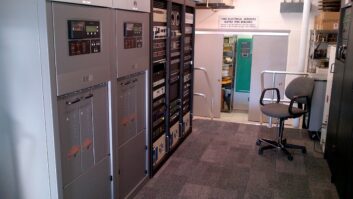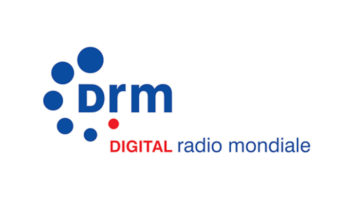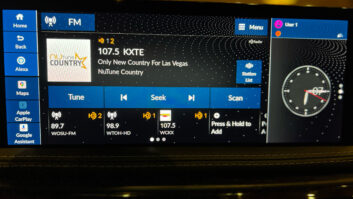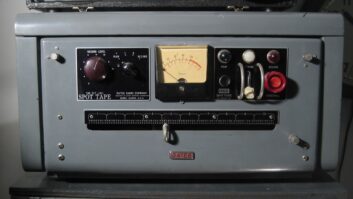A U.S. Supreme Court ruling this month narrows the rules for where so-called patent trolls can file lawsuits and could make it more difficult for plaintiffs to prove patent infringement. It’s an issue that has played out in radio technology circles as well as the society at large.
The nation’s top court said patent infringement cases going forward can be filed only in courts within the jurisdiction where the defendant is incorporated. The court’s ruling, in favor of TC Heartland LLC of Indiana, seems to slam the door on patent holders filing suit in the infamous Eastern District of Texas, where a third of all infringement suits are currently filed, according to numerous media reports.
The ruling reversed a federal court that said such cases could be filed anywhere a business sold products and conducted business.
Google and tech companies have long lobbied for Congress to intervene to keep lawsuits from being filed in Texas federal court; radio broadcasters also have faced patent infringement lawsuits from several patent holding companies. In 2011 for instance Mission Abstract Data filed suits against a number of large broadcast groups contending their music automation systems violated patents it held. The MAD patents went through a number of reexaminations by the U.S. Patent and Trademark Office and lingered for years, with no settlements publicly disclosed.
Similarly, DigiMedia Holding Group LLC embarked on several high-pressure campaigns to have radio stations sign patent license agreements for automation systems and then sued numerous broadcast groups for patent infringement in U.S. District Court for the Eastern District of Texas.
As recently as 2016, iHeartMedia and Spotify were targeted by plaintiff Post Media Systems with lawsuits centered on audio playback networks and systems, including podcasting services. It’s not clear where that case stands today, based on court documents.
Scott Daniels, an intellectual property attorney with Westerman, Hattori, Daniels & Adrian, LLP, says the Supreme Court’s ruling is good news for U.S. companies that might be sued for patent infringement. “Because venue is limited to those states where they are incorporated or they have a principal place of business, they will no longer be required to defend in remote, inconvenient jurisdictions, or in jurisdictions thought to favor patent owners,” Daniels wrote in an email to Radio World.
Meanwhile, the ruling is taken as a victory for equipment manufacturing and tech companies, including those who supply equipment to the radio industry.
Comrex Technical Director Tom Hartnett tells Radio World: “For those of us who care about intellectual property and innovation, it’s been especially infuriating to watch these litigators go ‘forum shopping’ to the East Texas court district. That court has a huge disparity vs. other districts in IP cases decided for the plaintiffs. In other words, it’s troll paradise.”
Hartnett says the U.S. patent system was designed specifically to encourage innovation by assigning a temporary monopoly on an invention.
“These nonpracticing entities (NPE) turn that upside down, where innovation is punished by those who would engage in speculation of patents. This, combined with the likelihood of innovators spending less by licensing from an NPE rather than by fighting them, often leads to a system where the behavior is encouraged and perpetuated,” Harnett said.







